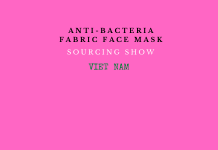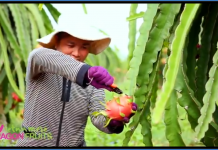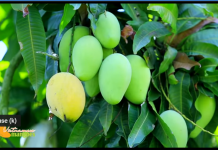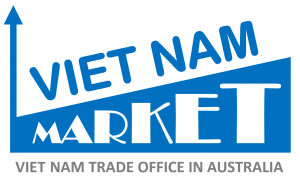On 8 May 2017, a new Pharmacy Decree detailing articles and measures to implement the Law on Pharmacy was promulgated by the Government and is scheduled to take effect from 01 July 2017. Published under the title Decree 54, this is the first of many decrees and circulars that will be issued to guide the implementation of the 2016 Pharmaceutical Law, which came into force on 01 January 2017. The Decree has 9 Chapters and 145 Articles and will replace the following former decrees: Decree 79 issued in 2006, Decree 102 issued in 2016 and the regulations on pharmaceutical advertising set out in Decree 181 issued in 2013.
Key changes under decree 54
Decree 54 revises some crucial issues in pharmaceutical practice such as:
- Issuance of the certificate on the pharmaceutical practice and the certificate of eligibility for pharmacy business for manufacturers/importers/exporters/wholesalers/retailers (including pharmacies) / drug storage service providers/ clinical testing service providers, etc.
- Regulations on licensing of import and export of drugs/ingredients in and outside the Vietnamese market
- Conditions for trading of controlled drug
- Procedures for registration of drug information content and notices
- Cases of recovery of raw materials for medicines and treatment measures
- Drug advertisement
- Drug price control measures
Impending price controls
The prices of drugs in Viet Nam have soared in recent years, with many calling on the government to intervene. As a result, the Government is taking more measures to regulate pricing. Chapter 8 of the Pharmacy Decree outlines measures for the management of drug prices, which include drug price declarations and re-declaration; posting of drug prices; regulations of the retail surplus of retailers in health clinics; bidding and price negotiation; and measures for stabilization of prices of drugs.
Accordingly, drug-dealing establishments will be required to fully comply with these and take responsibility for all reporting carried out on their behalf. Drug-dealing establishments will generally be prohibited from selling drugs, wholesale or retail, at higher prices than those declared on the website of the Ministry of Health (MoH) which are established by manufacturers, facilities processing drugs, or importers.
Distribution rights
Under its WTO commitments, Viet Nam agreed to allow foreign-invested entities (FIEs) to conduct distribution services (i.e., commission agent, wholesale, and retail services) for most types of products, but it specifically excluded “pharmaceutical products and drugs”.
Pursuant to the soon to be implemented Pharmacy Decree, a FIE pharmaceutical importer is allowed to sell its imported pharmaceuticals to pharmaceutical wholesalers who have been certified by the MOH as qualified to buy pharmaceuticals from a FIE pharmaceutical importer. FIE pharmaceutical importers are prohibited from conducting any of the following activities:
- Selling drugs/ingredients, or delivering to pharmacies, hospitals and clinics, retailer, individuals or other organizations that are not wholesalers.
- Accepting purchase orders or accepting payments under purchase orders of drugs from pharmacies, hospitals, and clinics, retailer, individuals or other organizations that are not wholesalers.
- Transportation and provision of drug storage services
- Determining or fixing the sale prices of drugs distributed by other pharmacy establishments;
- Participating in developing and/or making decisions on the distribution strategy and/or business policy for drugs distributed by other enterprises
- Making drugs supply plans for health clinics in Vietnam
- Providing financial support to its purchasers for the purpose of manipulating the distribution activities
- Performing other activities related to drug distribution in accordance with the provisions of law
Clause 12 of Article 91 stipulates that FIEs with import rights shall have to register their wholesalers with the MoH before selling drugs or stop selling drugs to the wholesalers. Within 3 working days from the date of receiving the notice of FIEs, the MoH will publish on its website the list of wholesalers that have the right to purchase imported products from the relevant FIEs with import rights.
Implications for foreign invested enterprises
At present, there are no set conditions imposed by the MoH on pharmaceutical wholesalers seeking to purchase pharmaceuticals from FIE pharmaceutical importers. There is a lack of technical conditions, such as testing laboratory standards, storage/preservation conditions imposed. Wholesalers instead that have the right to purchase imported products so long as they have the capability to directly perform the distribution of the products purchased from FIEs without this ability being “manipulated or controlled” by the sellers.
In an effort to update some aspects of the Viet Nam’s regulations to fulfil its WTO Commitments, the new decree is expected to set forth a legal framework for foreign invested enterprises (“FIEs”) to trade in drugs and drug ingredients in a very near future. Set to take effect in July of 2017, this guidance would have far-reaching implications for the structuring and operations of pharmaceutical companies and their partners in Viet Nam.











